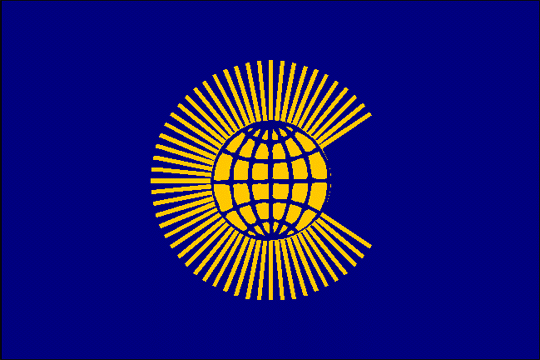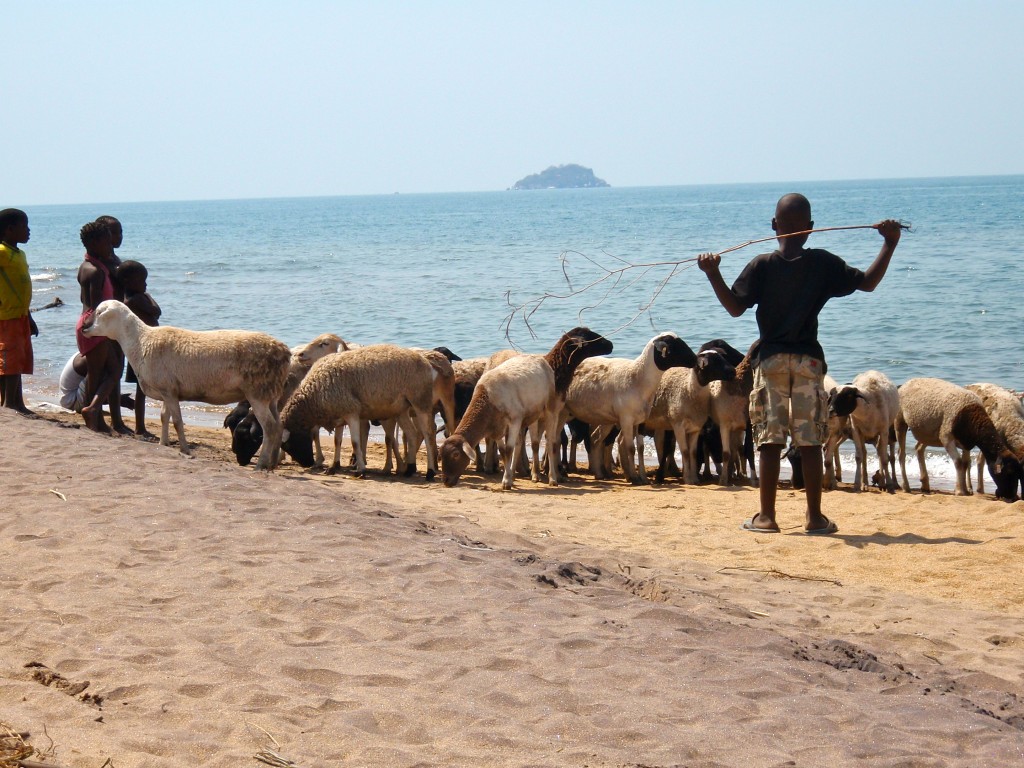Millions of girls throughout the Commonwealth are subjected to early and forced marriage and member states should do more to end the practice, according to global children’s organization, Plan International.
Empowering Girls, a briefing paper released last week (18 October 2011) by Plan International and the Royal Commonwealth Society, highlights how early and forced marriage is one of the greatest ongoing barriers to girls’ education, maternal health and economic empowerment. It calls for Commonwealth countries to ‘live up to their values’ and to do more to prevent young girls being forced to marry against their will and before they are ready.
More than half of the 20 Commonwealth countries have the highest rates of early and forced marriage in the world. Plan International CEO Nigel Chapman said early and forced marriage traps girls in a cycle of poverty, ill health and illiteracy.
Mr Chapman said: “Around the world, 10 million girls under the age of 18 marry each year – that’s one every three seconds. Early and forced marriage re-enforces the cycle of poverty for girls and women and is one of the most significant barriers to reaching the Millennium Development Goal targets on infant and maternal health, universal primary education, poverty reduction and gender equality and empowerment.
“Breaking these cycles requires that we promote and protect the rights of girls. Girls who are married early are more likely to experience violence, abuse and forced sex, increased problems with their sexual and reproductive health, and are much more likely to miss out on their education and to be illiterate. If the Commonwealth acts now it can demonstrate the global moral leadership that can define its unique identity on a crowded international stage.”
In countries across the commonwealth, Plan is working with governments and communities to end this practice and is urging governments to take more serious action on this pressing issue.
Agnes Francis (not real name), is a 16-year-old girl who was saved from early marriage to a 25 year-old-teacher from her school Nkasi primary school at Balaka area in Malawi. Balaka is a district in the southern part of Malawi where Plan is running a project called Learn without fear, a global campaign for to end violence against children in schools, which covers corporal punishment, sexual violence and bullying.
The rumor about the relationship between Agnes and her teacher reached child protection workers (CPW) who decided to follow up on the issue. When they arrived at the teachers’ house, they learnt that he had gone to Agnes’ parent’s house to discuss their pending marriage. They then went to the girl’s parents to verify whether the rumor about the engagement was true.
Agnes’s parents were furious as to why the committee had to approach them over their family affairs. They feared they would risk losing the opportunity of their daughter getting married to a teacher, someone who is considered a ‘catch’ in their society.
“We are not happy that these people are bothering us with the affairs of our daughter. We are happy with the arrangements we have made because once she gets married to this teacher our daughter will help raise money for the family,” one of Agnes’ parents said.
The child protection workers reported the issue to district education authority who followed up the matter. Unfortunately, by the time the teacher was called for a hearing, he and Agnes were already cohabiting as husband and wife following their engagement. Nevertheless the child protection committee reported the matter to relevant authorities who acted quickly. They saved Agnes from the marriage and she returned to school.
“We don’t encourage teachers to be engaging into relationships with school pupils. We preach about the dangers of this, and the government of Malawi has made it clear that teachers found in such situations should be reported and disciplinary action should be taken,” said an official.
Agnes passed her examinations and went back to her parents’ house where they were all counseled on the repercussions of early marriages and dropping out of school. She vowed to work harder to have a brighter future. “I promise myself to work hard in class and make my parents proud. I hope they will realize one day that the decision they have taken to have me released was worthwhile, so I will never let them down again,” states Agnes.
Since then, Agnes’s parents have taken a keen interest in their children’s affairs and they help to counsel fellow community members on the importance of safeguarding their children’s rights.
Plan and partners also conducted another rescue to help a young bride called Brenda. The 15-year-old from Kasungu in central Malawi, was kidnapped on her way to school then held against her will for three months. She was a victim of a form of bride kidnapping called Mpenjele Kuno.
Across the region, when families cannot attract the wives and daughters-in-law they want, either because they lack sufficient social standing or are unable to afford the bride-price, they resort to abducting them. Once a girl has been kidnapped, even if returned to her family she will be less desirable to other potential husbands and will often have no choice but to marry the man who has kidnapped, abused and often raped her.
Often, in areas where kidnapping is prevalent, families will marry off their daughters early because they fear that if they wait, their daughters are more likely to be kidnapped. In regions where bride kidnapping is accepted as customary, families often fail to report it, further adding to the problem.
Plan Malawi was instrumental in the fight to bring Brenda home and she is now back with her family and has returned to school.
Plan Malawi partnered with local government and the communications company Celtel Malawi to introduce a toll-free community helpline for youngsters in need of help and advice.
The anonymous helpline gives young people at risk of abduction or other violence access to professional child counselors and paralegals so that they can receive support and advice. Referrals can also be made to police Victim Support Unit officers.
To take action to reform laws in Commonwealth countries visit the International HIV AIDS Alliance’s What’s Preventing Prevention Campaign.
Subscribe to our Youtube Channel:by Anthony
I am a science writer based in Kenya i have done so many articles on health issues and also provides solutions to them i am also ambitious and great guy to be with, like adventure and visiting new places and also like helping people in need of my service Am also a key correspondent for health, reporter at Africa Science news Service, andd also write to other publication
Read full profile and posts >


.jpeg&w=60&q=100&h=60)





.jpeg&w=60&q=100&h=60)





